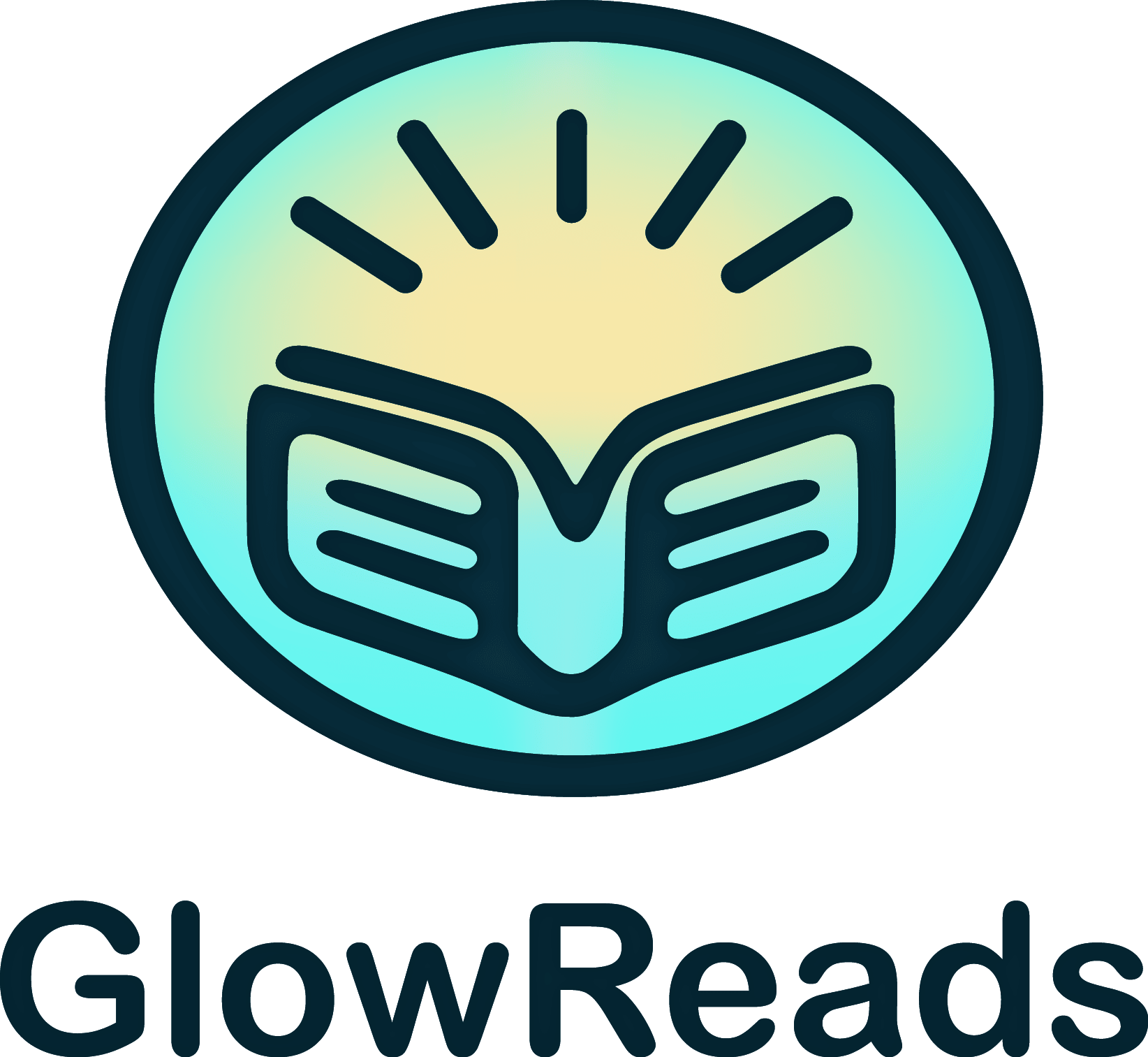Introduction: Influential contemporary authors are those whose works have made a significant impact in recent years, resonating with readers and critics alike. These authors are celebrated for their innovative storytelling, diverse perspectives, and exploration of themes relevant to today’s society. By engaging with the works of contemporary authors, readers can gain a deeper appreciation for the art of modern storytelling and the diverse voices that shape the literary landscape. Here, we highlight ten influential contemporary authors whose contributions have defined contemporary literature and continue to inspire readers worldwide.
Key Characteristics of Contemporary Authors: Influential contemporary authors are known for their distinctive voices, innovative narrative techniques, and exploration of themes relevant to modern society. These authors often create rich, complex characters and immersive worlds, offering readers a profound understanding of the human condition and contemporary issues. Their works are celebrated for their literary merit, cultural significance, and ability to resonate with readers across diverse backgrounds. Contemporary authors have made lasting contributions to literature, pushing the boundaries of storytelling and exploring diverse perspectives and experiences.
Influential Contemporary Authors:
- Chimamanda Ngozi Adichie: Celebrated for her insightful exploration of identity, race, and immigration in novels such as “Americanah” and “Half of a Yellow Sun,” Adichie’s distinctive voice and powerful storytelling have earned her critical acclaim and a dedicated following.
- Colson Whitehead: Known for his imaginative and powerful narratives, Whitehead’s works such as “The Underground Railroad” and “The Nickel Boys” explore themes of freedom, resistance, and social justice, earning him two Pulitzer Prizes.
- Sally Rooney: Renowned for her nuanced and intimate portrayals of relationships, Rooney’s novels “Normal People” and “Conversations with Friends” have captivated readers with their exploration of love, friendship, and personal growth.
- Donna Tartt: Celebrated for her rich, immersive narratives and complex characters, Tartt’s novels “The Secret History” and “The Goldfinch” explore themes of art, identity, and the human condition, earning her critical acclaim and a Pulitzer Prize.
- Celeste Ng: Known for her compelling and thought-provoking narratives, Ng’s novels “Everything I Never Told You” and “Little Fires Everywhere” explore themes of identity, privilege, and family dynamics, resonating with readers and critics alike.
- George Saunders: Celebrated for his innovative storytelling and exploration of the human condition, Saunders’s works such as “Lincoln in the Bardo” and “Tenth of December” blend humor, empathy, and social critique, earning him critical acclaim and a Man Booker Prize.
- Richard Powers: Known for his expansive narratives and exploration of environmental themes, Powers’s novels such as “The Overstory” and “Orfeo” offer profound insights into the interconnectedness of life and the impact of human actions on the natural world, earning him a Pulitzer Prize.
- Margaret Atwood: Renowned for her genre-blending works and exploration of feminist themes, Atwood’s novels such as “The Handmaid’s Tale” and “The Testaments” have become cultural touchstones, earning her critical acclaim and a lasting place in the literary canon.
- Zadie Smith: Celebrated for her insightful exploration of identity, culture, and social dynamics, Smith’s novels such as “White Teeth” and “Swing Time” blend wit, empathy, and social critique, earning her critical acclaim and a dedicated following.
- Jhumpa Lahiri: Known for her evocative and poignant narratives, Lahiri’s works such as “The Namesake” and “Interpreter of Maladies” explore themes of immigration, identity, and cultural dislocation, earning her a Pulitzer Prize and critical acclaim.
Conclusion: Influential contemporary authors have made lasting contributions to literature, creating works that continue to resonate with readers and define the literary landscape of today. By engaging with the works of these influential voices, readers can gain a deeper appreciation for the art of modern storytelling and the diverse perspectives that shape contemporary literature. These contemporary authors have defined contemporary literature with their innovative storytelling, complex characters, and exploration of relevant themes, making their works essential reading for anyone interested in literature.
